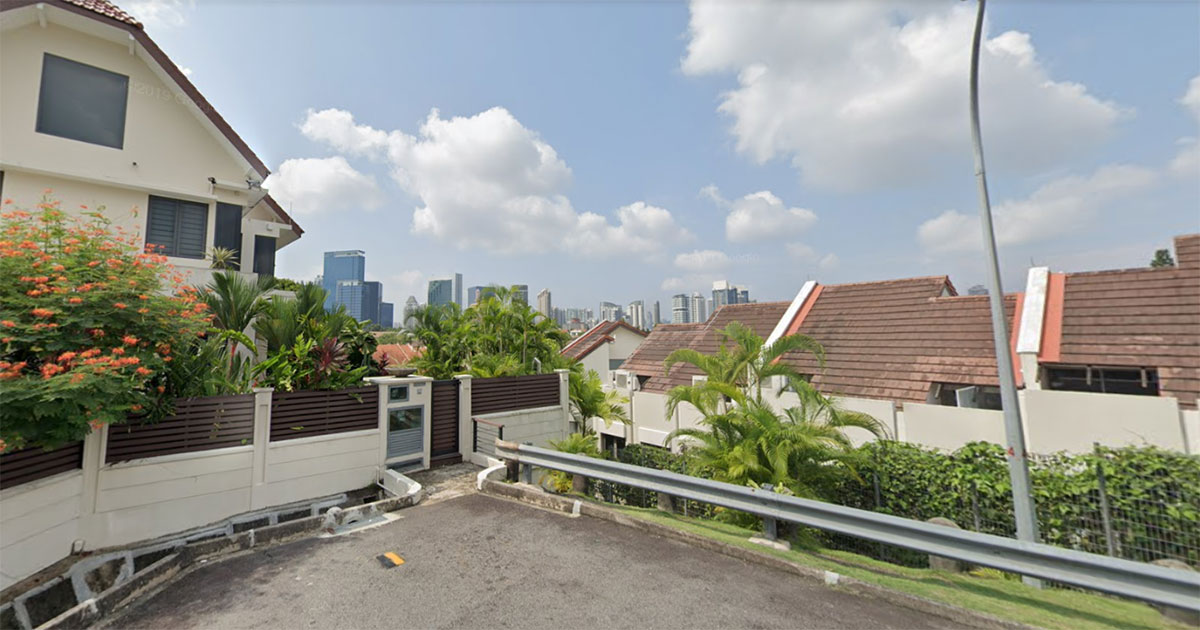Follow us on Telegram for the latest updates: https://t.me/mothershipsg
A 35 per cent additional buyer’s stamp duty (ABSD) will apply on any transfer of residential property into a living trust occurring on or after Monday, May 9, the Ministry of Finance (MOF) announced on late Sunday night, May 8.
This ABSD comes after the government announced a round of property cooling measures on Dec. 15, 2021, under which the ABSD was raised from 12 per cent to 17 per cent for Singaporeans buying their second property.
ABSD will be payable even if there is no identifiable beneficial owner at the time the residential property is transferred into a trust.
What was the policy previously?
The buyer's stamp duty (BSD) is payable when a residential property is transferred into a living trust.
The ABSD may also be payable, depending on the profile of the beneficial owner of the property transferred into the trust.
ABSD did not apply where there is no identifiable beneficial owner at the time the property was transferred.
MOF said on May 8 before the new rule kicked in: "Where the living trust is structured such that there is no identifiable beneficial owner at the time when the residential property is transferred into the trust, ABSD currently does not apply.".
It added: "Arising from its periodic policy review, the government will introduce ABSD (Trust) at 35 per cent, to address and close this gap."
This will promote a stable and sustainable residential property market, MOF said
Payable upfront, with concessions
The new ABSD is to be payable upfront, when the residential property is transferred into any living trust.
A trustee may apply to the Inland Revenue Authority of Singapore (Iras) for a refund of the new ABSD if certain conditions are met.
Refund applications should be submitted to Iras within six months after the instrument is executed.
The refund amount will be based on the difference between the ABSD (Trust) rate of 35 per cent and the ABSD rate corresponding to the profile of the beneficial owner with the highest applicable ABSD rate, the ministry explained.
An identifiable beneficial owner of a trust residential property refers to a person identified in the trust deed or document as a beneficiary of the residential property and who, because of the trust, has beneficial ownership of the residential property that is not, under the terms of the trust, revocable, variable, or subject to any condition subsequent.
A living trust is created by an individual during his lifetime, where a designated person, the trustee, is given responsibility of managing that individual's assets for the benefit of the eventual beneficiary.
Top photos via Google Maps
If you like what you read, follow us on Facebook, Instagram, Twitter and Telegram to get the latest updates.
